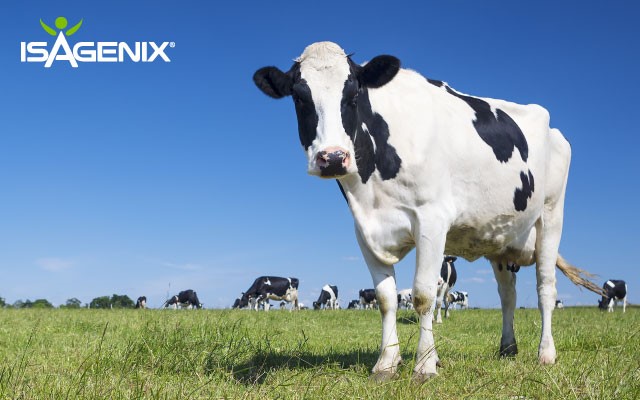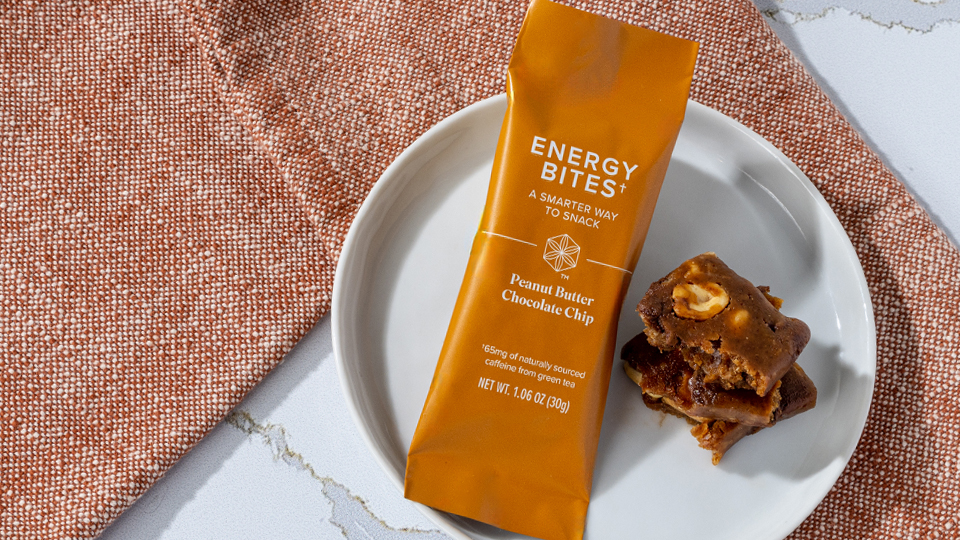Dairy ingredients play a key role in many Isagenix products. Whey protein derived from dairy, for example, is featured in many of our shakes and bars to support muscle maintenance during weight loss and muscle building for athletes and fitness-minded individuals.
We know our current and future efforts in verifying standards for responsible, ethical, and sustainable sourcing is as important to our Customers as it is to our company. The following is provided to help explain our responsible dairy sourcing practices.
1. Dairy sourcing from quality suppliers in New Zealand, Australia, and the United States
Since the founding of our company in 2002, we have sourced most of our dairy from suppliers in New Zealand in an effort to meet and maintain high-quality standards. To support growing demand for our products worldwide, Isagenix has expanded to using quality suppliers in Australia and in the northwestern United States, that align with our existing no-compromise standards. We maintain a stringent process to ensure that any supplier we use meets our no compromise commitment. Our guidelines for choosing these suppliers are described below.
2. Verified quality animal care and sustainability standards
Our company is built upon a no-compromise policy that includes developing meaningful partnerships with our suppliers to understand their sourcing practices and quality of animal care. We want our products to be humanely produced and seek out suppliers with track records of quality animal care. We also use our influence to encourage actions that strengthen ethical and sustainable practices, including animal welfare, within our supply chain.
3. Verified standards for well-managed natural grazing activity
As part of our efforts to promote responsible sourcing, dairy ingredients, including whey protein and milk protein concentrate, are sourced from farms with cows that subsist on pastures. Our reasoning is simple: It’s good for the animals and good for the environment.
When cows spend more time grazing on pastures, the animals are well-exercised and generally healthier, among other benefits (1). A well-managed dairy operation that includes natural grazing also helps to keep pastures from overgrowth, improves plant diversity, and reduces the risk of wildfires in wooded areas, which supports responsible land management.
We understand that there are times when factors such as weather unpredictability require supplementing a cow’s diet with hay or a balanced feed mixture (e.g. hay and ground barley mix) to prevent undernourishment and provide responsible animal care.
4. Verified hormone-free, rBGH-free
We source from dairy farms that don’t give hormones to their animals. The cows are also milked according to their natural production within a normal milking routine and season. Historically, hormones such as recombinant bovine growth hormone (rBGH) have been used to increase the rate of animal growth and to stimulate milk production. The overuse of these hormones has led to concerns over possible health and reproductive issues for the animals, as well as concerns about potential effects on human health and the environment (2, 3). While studies are not necessarily conclusive, we choose to err on the side of caution.
5. No routine antibiotic use
Because of strong concerns regarding the overuse of antibiotics in food animals, our dairy suppliers are not permitted to use antibiotics unless it is necessary to treat a sick animal as part of good veterinary care. Even then, the milk cannot be used until the affected animal’s health has improved and an appropriate clearance period has passed. The inappropriate overuse of routine antibiotics in food animals for purposes of increasing the rate of growth is a known contributor to antibiotic resistance (4, 5).
6. Flash-pasteurized, undenatured, ultra-filtrated
Isagenix takes special care to obtain undenatured whey protein concentrate and milk protein concentrate. These ingredients are made using a cold-membrane ultra-filtration process that keeps the native proteins intact.
The term “undenatured” does not mean that the product hasn’t been pasteurized. In line with standards for pasteurization and safety, the milk used for Isagenix products is flash-pasteurized at 161 degrees Fahrenheit (72 degrees Celsius) for 15 seconds. This is enough heat to kill pathogenic bacteria (e.g. E. coli), yet the milk isn’t exposed long enough to denature the dairy proteins to any significant degree (6).
Denatured proteins are those that have lost their biologically active shape when subjected to extremely high heat, heat over a long period, or extensive processing steps. While denaturation won’t affect the protein content of dairy ingredients, it can affect flavor and may cause loss of biological activity of certain peptides that are naturally present in milk.
7. Rigorously tested for safety
Finally, as with any raw material used in manufacturing Isagenix products, the dairy proteins we use are rigorously tested for safety. This includes testing for potential adulterants or contaminants that include heavy metals, pesticides, and microbes. After manufacturing is completed, samples of finished products are sent to a third-party laboratory for additional Finished Product Verification testing. Your health and safety remain our top priority.
References
- Saleem F, Ametaj BN, Bouatra S et al. A metabolomics approach to uncover the effects of grain diets on rumen health in dairy cows. J Dairy Sci. 2012 Nov;95(11):6606-23. doi: 3168/jds.2012-5403
- USDA, Veterinary Services, Animal and Plant Health Inspection Service. Dairy 2007 part i: Reference of dairy cattle health and management practices in the United States, 2007.
- Raloff J. Hormones: Here’s the beef – environmental concerns reemerge over steroids given to livestock. 2002; Science News, 161(1). Doi: 10.2307/4013043
- United States Food and Drug Administration. Summary report on antimicrobials sold or distributed for use in food-producing animals. 2009; Department of Health and Human Services.
- Graham JP, Leibler JH, Price LB, Otte JM, et al. The animal-human interface and infectious disease in industrial food animal production: Rethinking biosecurity and biocontainment. 2008; Public Health Reports, 123(3), 282-299. Available at: http://onehealthinitiative.com/publications/Food%20safety.pdf
- Rynne NM, Beresford TP, Kelly AL, Guinee. Effect of milk pasteurization temperature and in situ whey protein denaturation on the composition, texture and heat-induced functionality of half-fat Cheddar cheese. International Dairy Journal. 2004 Nov;14(11):989-1001. doi: https://doi.org/10.1016/j.idairyj.2004.03.010





